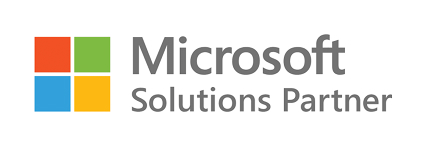
8/1/2024
How the page loading time affects your customer in e-commerce?
Disclaimer
Why page loading time is crucial for user retention and conversion rates.
How slow loading times negatively impact SEO rankings and advertising effectiveness.
The importance of innovative thinking in optimizing website performance through caching.
Different types of caching and their benefits for improving loading speeds.
How choosing the right CMS can enhance your online store's efficiency and customer satisfaction.

Why is page loading time so important?
About 53% of users leave a page that takes longer than 3 seconds to load, according to a Google report. Furthermore, every 100-millisecond delay reduces conversion by 7%, as cited by an Akamai study. And that's just the beginning. Slow loading also affects SEO ranking and the effectiveness of advertising campaigns.
Impact on Google Ranking
Page loading time is one of the factors that Google takes into account in its ranking algorithm. Moreover, in the case of advertising campaigns, if the page loads slowly, money spent on advertising is wasted since the customer may leave the page before making a purchase.
How does caching work?
The caching mechanism on the server side involves temporarily storing copies of frequently used data in the server's cache to increase access speed to this data for subsequent requests. This avoids the need to re-fetch data from slower sources, such as databases or external services. Caching can relate to various elements, including web pages, multimedia resources, or database query results. Proper cache management can significantly increase service performance, but also requires monitoring to avoid outdated data in the cache.
Types of Caching
Client-side caching: The browser stores page elements.
Server-side caching: Data is stored on the server and can be quickly delivered to users.
Which CMS to choose for an online store?
Platforms like Magento offer advanced caching mechanisms that significantly shorten page loading time. This not only increases customer satisfaction but also improves SEO ranking. They also include the ability to optimize multimedia, so the page doesn't have to load full-size images, for instance, but adjusts them to user needs.
Conclusion
Page loading time is a crucial factor affecting conversions, SEO ranking, and advertising effectiveness. Our experience shows that, choosing technology that offers efficient caching mechanisms, like those available in Magento, can significantly boost the efficiency of your online store. Regardless of the size of your business, investing in good technology is fundamental!
An example of such an experience is the Tilboligen store, which we have migrated from the Magento 1 platform, where the loading time was sometimes up to 30 seconds, to Magento 2, which loads in up to 3 seconds on the first time and then approx. 1 second for every page.
We see from the statistics of the online stores we support that if the page loading time is longer, customers are more likely to leave the website.




.svg)















